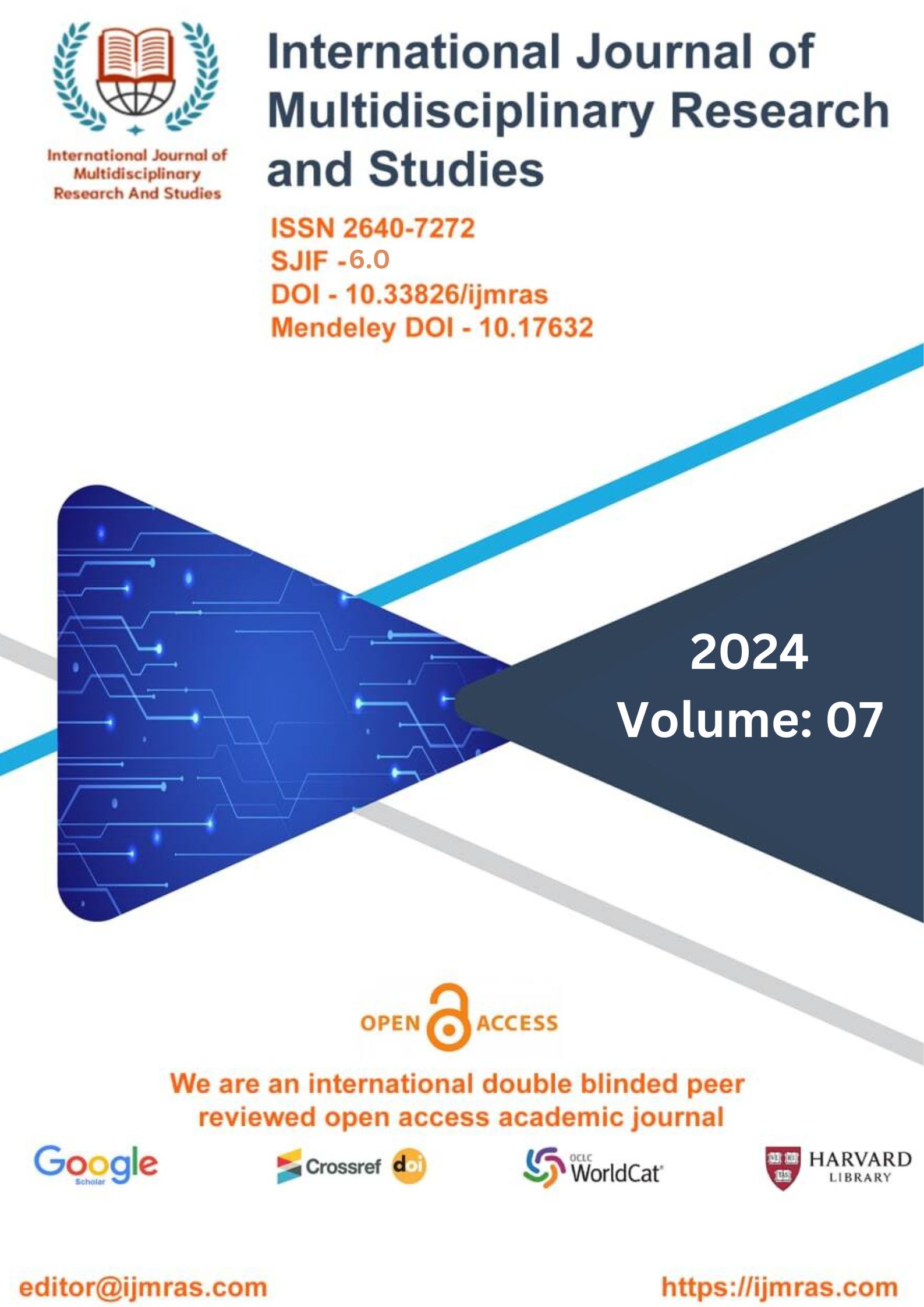


A number of factors can be cited as to why this study is pertinent: As a first step, this study demonstrates that social status is an important determinant in rural Chinese students' ability to acquire English, as well as the amount to which English may be viewed as cultural and other capital. Students from rural areas of China are regularly confronted with mitigating variables that frequently restrict their progress to higher education, which thus necessitates them to do more work during their educational travels than their urban counterparts. Teachers in rural regions may benefit from tracing their paths in terms of 'investment' in the future, as it will assist to highlight inadequacies in the existing system that may be remedied by the individual teacher. Class-based social capital explains a person's interest in and commitment to English language study.”
Secondly, this study provides students with the opportunity to tell their own tales of joy, disappointment, and fear as they go through their English learning journey. As a final point, this study provides a chance to examine how students in rural China conceptualise English acquisition in terms of their present economic and social resources. Teachers in rural areas may be able to help their pupils overcome the unfavourable aspects of studying English in rural areas through this study. In the absence of adequate economic and social capital, it may be assumed that students' views of themselves (standards, respect, and values) and academic success are influenced by these factors. It also sheds light on how educational contexts are reproduced (cf. Bourdieu, 1971 and 1990; Bowles & Gintis and 1976; Apple 1995 and Giroux and 1990). All those whom believe that schools are institutions that perpetuate class hierarchy and inequality.

This work is licensed under a Creative Commons Attribution 4.0 International License.
You may also start an advanced similarity search for this article.